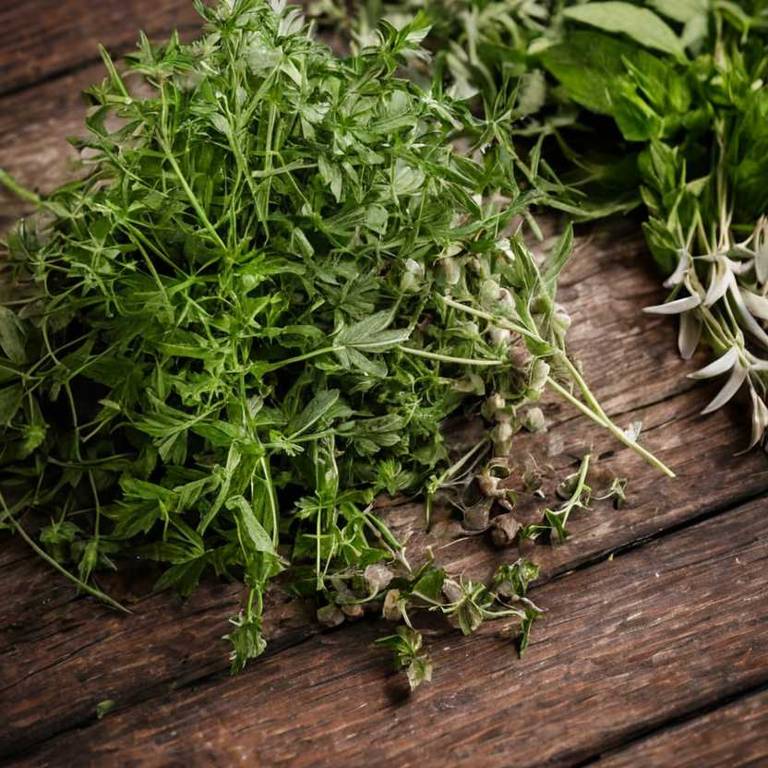Viscum Album: What To Know Before Using It For Medicinal Purposes

Viscum album, commonly known as European mistletoe, has been traditionally used for its medicinal properties in various cultures for centuries.
It contains bioactive compounds such as lectins, flavonoids, and alkaloids, which are believed to contribute to its therapeutic effects. In modern medicine, Viscum album is primarily used in complementary cancer therapy, particularly in Europe, where it is administered as a preparation to support immune function and alleviate symptoms in patients undergoing chemotherapy. Its use is often associated with improving quality of life and reducing tumor size in certain cases.
However, it is important to note that Viscum album should be used under professional supervision due to its potential toxicity if not prepared or administered correctly.
Health Benefits
Viscum album has several health benefits, such as its potential to support immune function due to its rich content of bioactive compounds.
It has been traditionally used in herbal medicine to treat respiratory infections and boost the body's natural defenses. Some studies suggest that it may have antiviral properties, which could help in fighting certain viral infections. Additionally, Viscum album is believed to have anti-inflammatory effects that may aid in managing conditions like arthritis.
However, it should be used with caution and under professional guidance, as it can be toxic if misused.
10 Best Health Beneift of Viscum album
Bioactive Constituents
Viscum album has several bioactive constituents, such as lectins, alkaloids, triterpenes, and flavonoids, which contribute to its medicinal properties.
Lectins, particularly viscumin, are known for their ability to bind to specific carbohydrates and have immunomodulatory effects. Alkaloids like viscotoxins may exhibit antitumor and cytotoxic activities, making them of interest in cancer research. Triterpenes, including viscaminic acid, possess anti-inflammatory and antioxidant properties that support immune function.
These compounds collectively make Viscum album a valuable source of natural compounds for therapeutic applications in various medical fields.
Medicinal Preparations
Viscum album has several medicinal preparations, such as teas, tinctures, and extracts, which have been traditionally used for their purported health benefits.
In traditional medicine, a tea made from the dried mistletoe is often consumed to support cardiovascular health and reduce stress. Tinctures of Viscum album are commonly prepared using alcohol as a solvent to extract its active compounds, including lectins and flavonoids. These preparations are sometimes used in alternative medicine to treat conditions like hypertension and fatigue.
However, due to its toxic properties, Viscum album should be handled and used with caution under professional guidance.
Side Effects
Viscum album can have some side effects, such as allergic reactions, including skin irritation, itching, and rashes.
Ingesting Viscum album may lead to gastrointestinal issues like nausea, vomiting, and diarrhea. Prolonged or excessive use could result in more severe symptoms, such as respiratory distress or systemic toxicity. It is also important to note that Viscum album is toxic to pets, potentially causing serious harm or even death if ingested by animals.
Due to these risks, it is crucial to use Viscum album only under the guidance of a qualified healthcare professional.